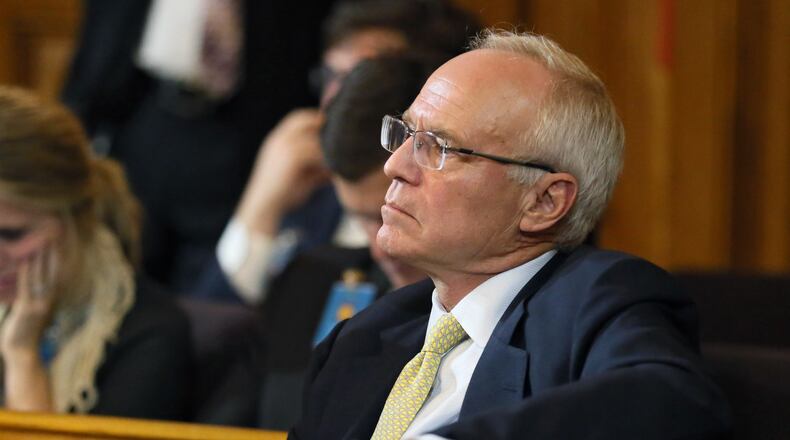A Metro Atlanta consultant has signed up to work for about three-fourths of the rural hospitals eligible to receive taxpayer-subsidized donations under a new program, much to the consternation of some leading lawmakers.
"It was all of our intentions that all of those dollars go to help rural hospitals," said House Appropriations Chairman Terry England, R-Auburn, one of several top lawmakers to criticize the consulting deals.
Jim Kelly, who heads the Georgia HEART Hospital Program and also founded a state tax-credit-funded organization for private school scholarships, said that in the past few months he has signed up 32 of the 49 eligible rural hospitals.
“By offering tax-credit pre-approval application and contribution marketing, processing and reporting services,” Kelly said, “Georgia HEART is dedicated to the success of the rural hospital expense tax-credit program.
Many rural hospitals have struggled for years. Since 2013, at least five small-town hospitals in Georgia have closed, according to Georgia Health News, an online site that reports on state health care issues.
Lawmakers thought they'd found a way to help keep struggling rural hospitals afloat by offering $180 million in state tax credits to donors who contribute to small-town medical centers.
To read more about the fight over who will make money from the new program, read myajc.com
About the Author
Keep Reading
The Latest
Featured



